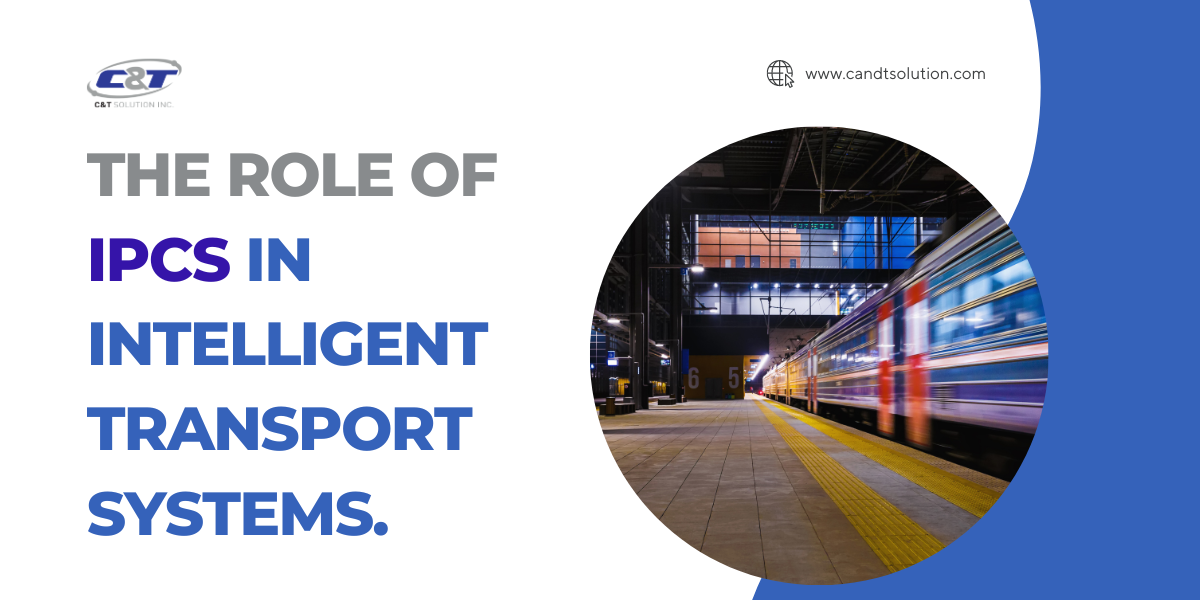Blog
08.Sep.2023
The Role of Industrial Computers in Intelligent Transportation Systems

The global economy thrives on efficient transportation systems. From commercial vehicles to planes and trains, the movement of goods and passengers is paramount. As the demand for smarter and more efficient transportation grows, industrial computers are stepping up to the challenge, revolutionizing the transportation industry.
Intelligent Transportation Systems (ITS) and Their Benefits
Industrial computers are at the heart of intelligent transportation systems (ITS). These systems encompass intelligent vehicles, traffic management, toll collection, ticketing, and more. The benefits are vast:
- Easing traffic congestion
- Preventing accidents
- Vehicle tracking capabilities
- Reducing emissions
Key Applications of Industrial Computers in ITS
Passenger Information System (PIS): Gone are the days of static maps. Now, passengers can access real-time information about their transport status via mobile devices or digital signage. This is made possible by rugged industrial computers installed in vehicles, which gather data from sensors and cameras, process it, and relay it to the cloud. These computers are built to withstand the challenges of vehicular deployment, ensuring passengers are always informed.
Vehicle Monitoring & Management: These systems allow for real-time GPS monitoring, routing, and dispatching. Industrial computers collect data like vehicle speed, engine status, and more, enabling predictive maintenance and efficient fleet management.
CCTV Surveillance: Safety is enhanced with camera systems in various transportation modes. Industrial computers connect these cameras, process video feeds for unusual activity, and relay relevant snippets to the cloud, optimizing bandwidth usage.
Transportation Automation: Autonomous vehicles, from cars to warehouse machines, rely on industrial computers for real-time data processing. These computers ensure minimal latency, making real-time decisions crucial for autonomous operations.
Intelligent Traffic Management: As urban areas grapple with increasing traffic, industrial computers offer solutions by collecting and analyzing real-time data. This data-driven approach optimizes routes, reduces emissions, and enhances overall transportation efficiency.
Features of Rugged Industrial Computers
For these systems to function optimally, the computers behind them must be robust and reliable. Here's what sets rugged industrial computers apart:
- Durability: They can withstand shocks, vibrations, dust, and extreme temperatures.
- Compact Design: Their small footprint allows for deployment in space-constrained environments.
- Rich I/O: They can communicate with both new and legacy technologies.
- Low Power Consumption: Efficient CPUs ensure minimal energy usage, making them ideal for remote deployments.
- Safety Standards: Many are compliant with standards like EN50155 and EN50121-3-2, ensuring they meet specific requirements for railway deployments.
In conclusion, as transportation agencies aim to provide reliable services, the deployment of rugged industrial computers is becoming increasingly essential. These devices not only enhance efficiency but also ensure safety and convenience for passengers. The future of transportation is intelligent, and industrial computers are leading the way.

